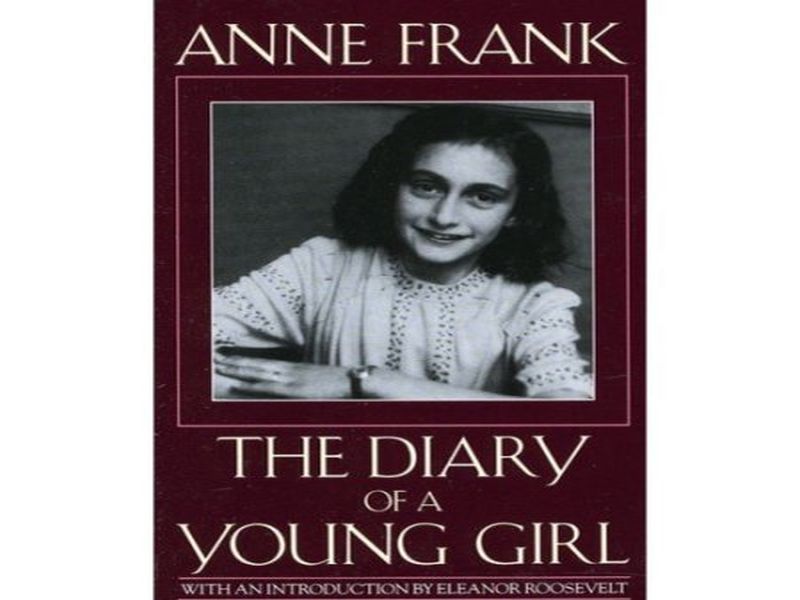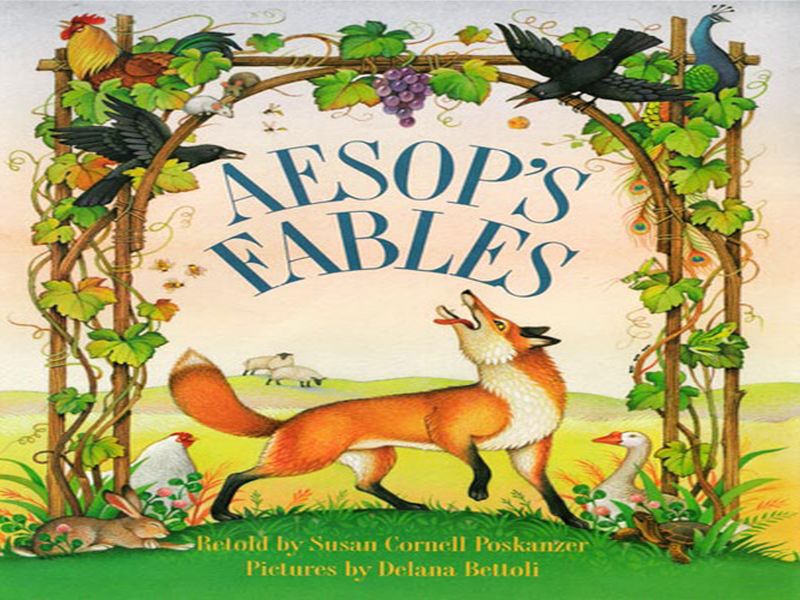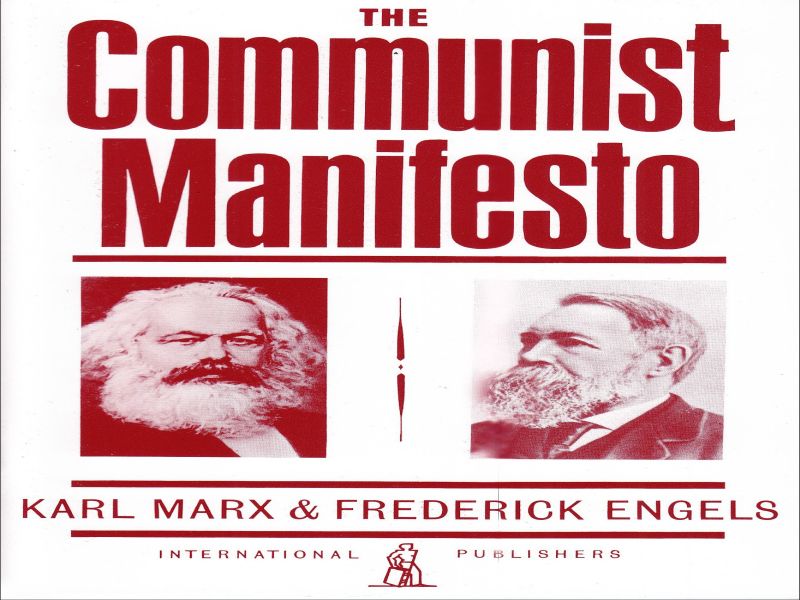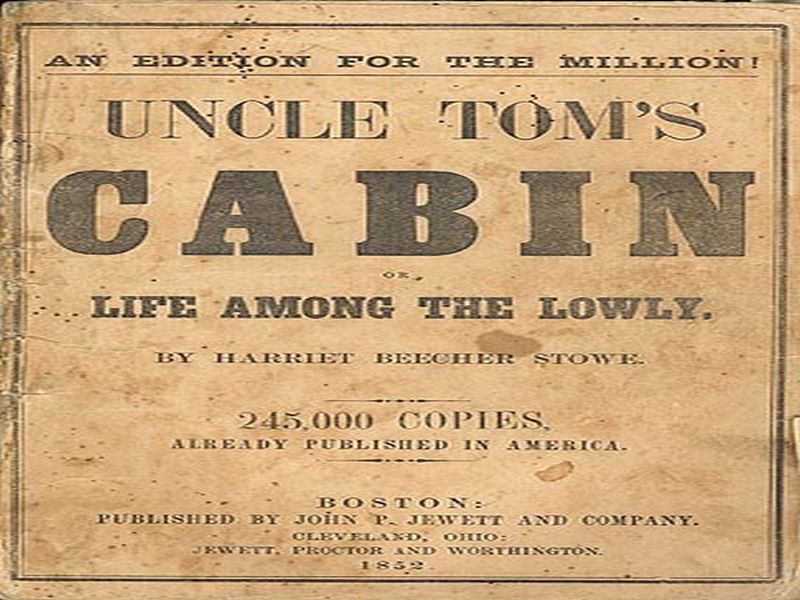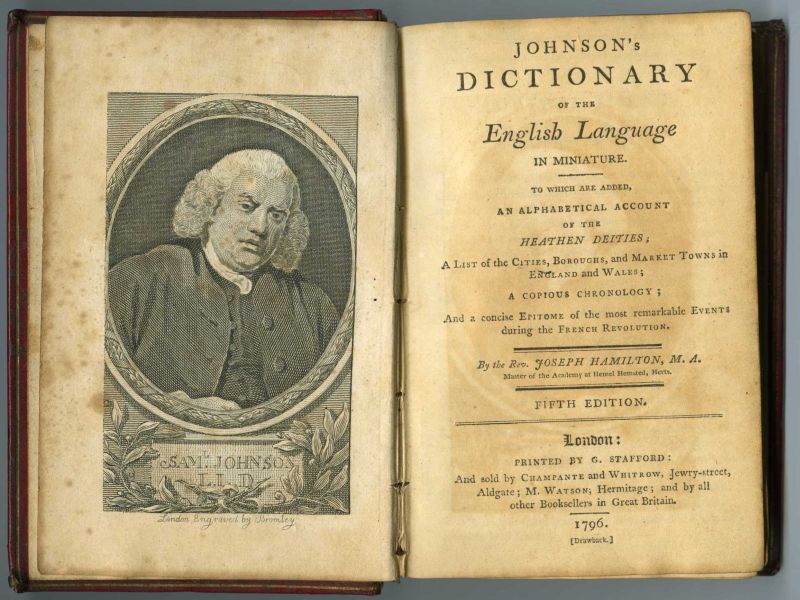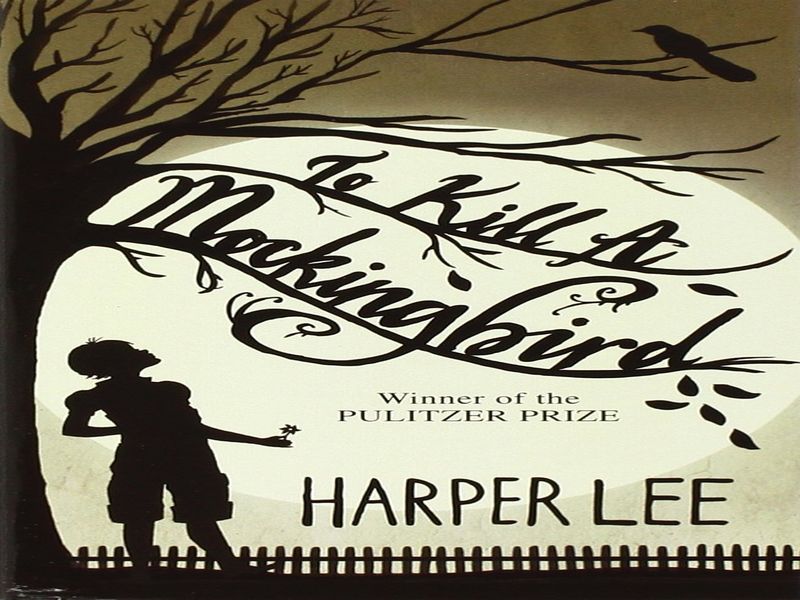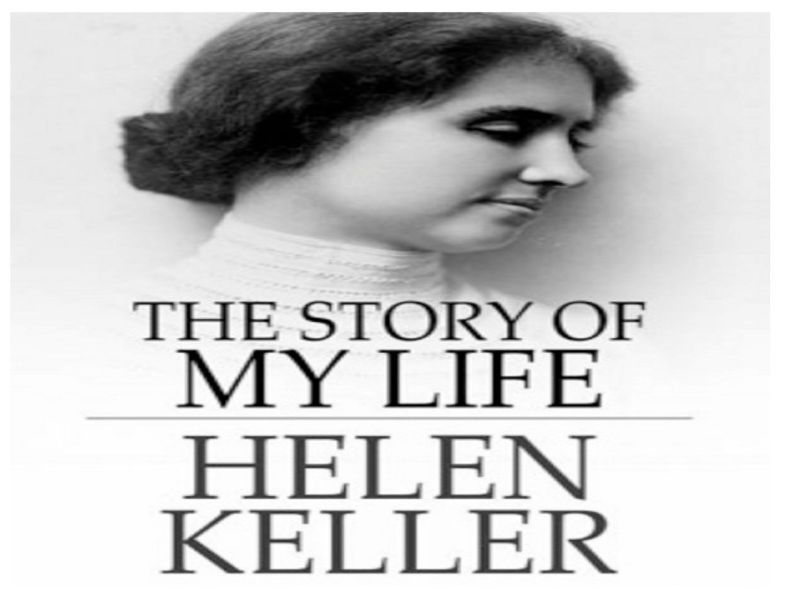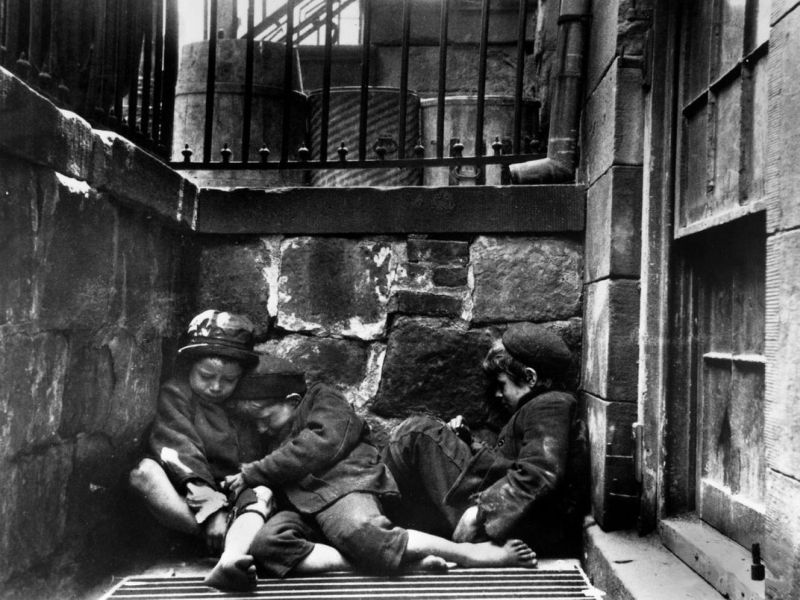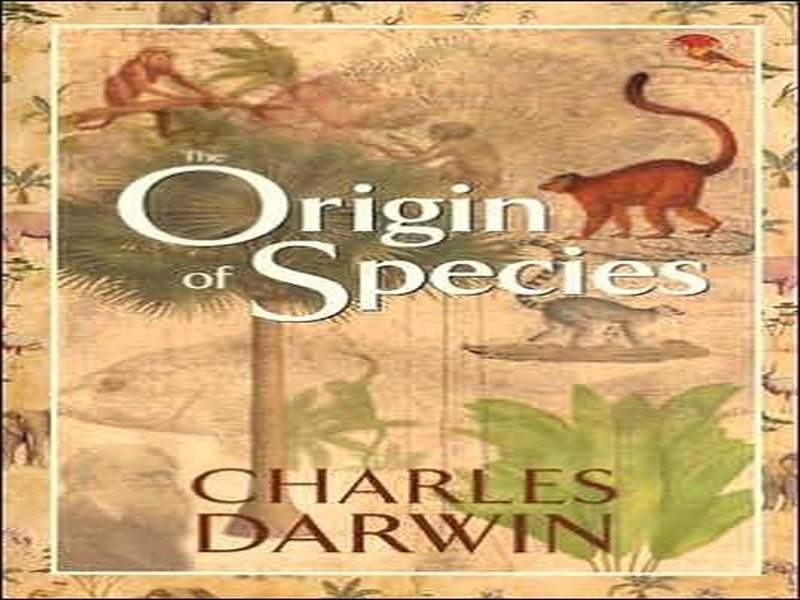Books have influenced human history time and again. Reading does give us pleasure and helps to while away time, but some books have caused revolutions, changing our world, introducing new concepts, theories and ideas. Some books cause inward changes in people and have the ability to touch and provoke the humanity of many people, changing their thoughts and perceptions for the better. Some do the exact opposite and incite people to violence. Other books help us see the injustices in society. Read on to find out which 10 books changed our world:
- Aesop’s Fables
This collection of tales is thought to have been written or collected by Aesop, a slave who lived from 620 – 560 BC, in Greece. This book of fables has been passed down from generation to generation, and is still used to teach young children moral lessons.
- The Communist Manifesto
Karl Marx’s Communist Manifesto is one of those books which changed the history of the world. The book was published in 1848, and started many revolutions around the world. However, everyone interpreted the book according to their convenience or misinterpreted it according to their ‘manifesto’. This book introduced communism to the world which is still being followed by millions of people even now.
- Uncle Tom’s Cabin
This book about the atrocities committed on slaves in America sold the most number of copies in the 19th century, after the Bible. When he met the author Harriet Stowe, Abraham Lincoln reportedly told her that her book might have caused the civil war in America.
- 1984
This groundbreaking book by George Orwell introduced the world to dystopia, a future world is a nightmare, controlled by governments, without any freedom for the citizens and where government censorship is rampant. The book was written in 1949, and 1984 didn’t turn out to be as he had predicted, but it inspired books like Fahrenheit 451 by Ray Bradbury and Clockwork Orange by Anthony Burgess, which had dystopia as the underlying theme. 1984’s terms are still used today – “Big Brother” and “doublethink”, for example. 1984 is important as it reminds us about the importance of freedom of thought and expression in society.
- Anne Frank: The Diary Of A Young Girl
One of the most widely read books in the world, having been translated into many languages. It describes life in hiding during the Holocaust, for two years, but the young girl did not survive German atrocities. Anne and her family was discovered and sent to concentration camps, which the young teenager did not survive.Anne’s moving account is appreciated by both young and old readers.
- A Dictionary Of The English Language
This dictionary by Samuel Johnson influenced the English language to a great extent, till the Oxford Dictionary, which was published after 173 years. Samuel Johnson’s dictionary was published in 1755, and it is assumed that he compiled the huge dictionary alone, over a span of 9 years, which was quite an achievement.
- To kill a Mockingbird
Harper Lee’s book which depicted racial inequality in the 1930s, was written from the perspective of a young child, who observes society around her. This book has made generations of people understand in a very poignant manner, how different the world looks seen through the eyes of another person.
- The Story Of My Life
The autobiographical account of how Helen Keller overcame blindness and deafness stands for hope for all of us.
- How the other half lives
An early example of photojournalism, this book made the upper classes of New York sit up and take notice of the plight of people living in the slums. Conditions of slum dwellers improved after the public saw the dismal living conditions of the “other half”, and the government took action to help them.
- On Origin of Species
The theory of natural selection and inherited traits was discovered by Charles Darwin, and this path breaking book became the basis of life sciences. Published in 1859, this is one of the most important books in modern history.
These books changed the world in many ways – mostly by bringing about social changes, and by contributing to modern philosophy and scientific thought. They are examples of the power of words, which inspires millions of people to lead better lives.


